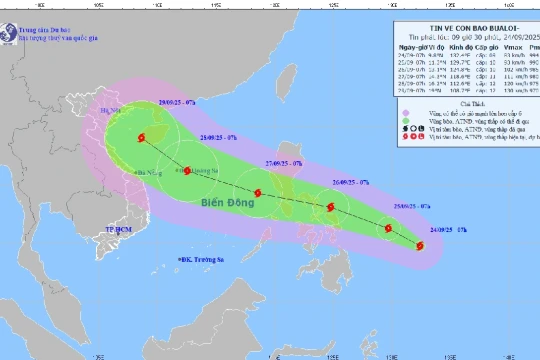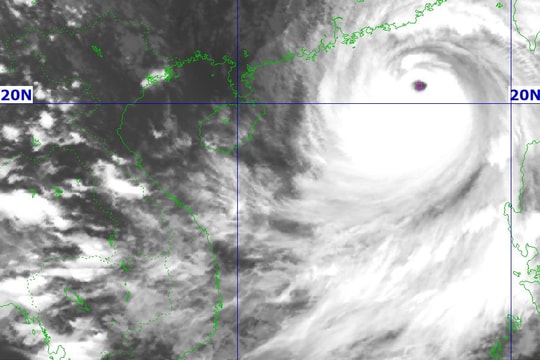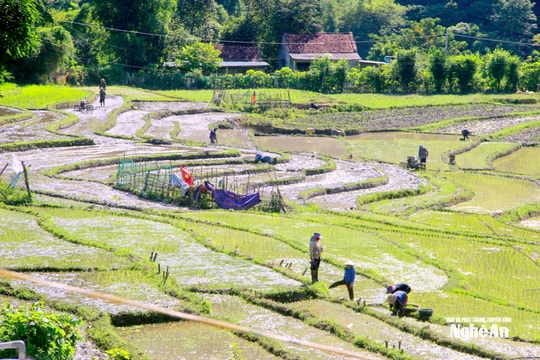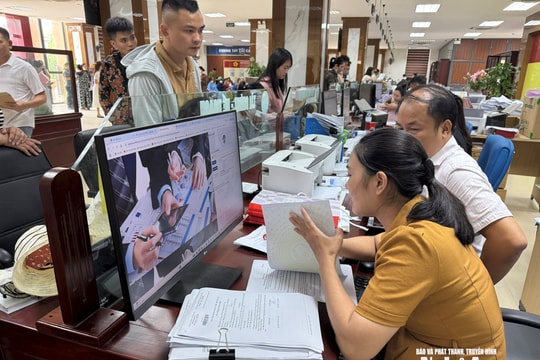In one year, Vietnam dealt with more than 700 corrupt party members, causing heavy economic losses.
Speaking at the meeting of the Central Steering Committee on Anti-Corruption, looking back at 2017, General Secretary Nguyen Phu Trong said that more than 700 party members who violated corruption and intentionally violated the law were disciplined.
"This is a breakthrough"
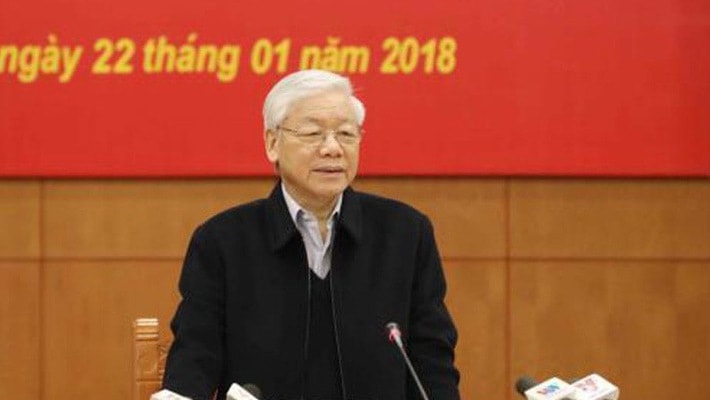 |
| General Secretary Nguyen Phu Trong. Photo from the Internet |
According to the announcement from the Party Central Office, on January 22, the Central Steering Committee on Anti-Corruption held its 13th plenary meeting under the chairmanship of General Secretary - Head of the Steering Committee Nguyen Phu Trong, to review and evaluate the results of activities in 2017 and give opinions on the direction and tasks for 2018.
Looking back at 2017, the General Secretary assessed that the work of preventing and combating corruption was also directed to be implemented vigorously and resolutely, achieving many comprehensive, positive and clear results, leaving a good impression, being highly welcomed, supported and agreed upon by the people, creating a positive effect, spreading strongly throughout society.
Inspection committees at all levels have focused on checking for signs of violations in more than 3,600 party organizations and nearly 10,400 party members.
Party committees and inspection committees at all levels have disciplined more than 300 party organizations and more than 18,600 party members, including more than 700 party members who violated corruption and intentionally violated the law.
The Central Executive Committee, the Politburo, and the Secretariat disciplined three party organizations and 11 officials. The Central Inspection Commission focused on inspecting and disciplining 18 officials within its authority, including many particularly serious cases involving senior officials of the Party, the State, and a number of party committees and organizations.
"This is a breakthrough in the Party's inspection and discipline work, tightening discipline and order within the Party and State apparatus," said the General Secretary.
"Strict but very humane"
Also in 2017, the Central Steering Committee on Anti-Corruption organized 8 inspection teams to supervise the inspection of cases; prosecute, investigate, prosecute, and try serious and complicated corruption and economic cases that attracted public attention in 20 localities.
Through inspection and supervision, 55 groups of issues were recommended for amending, supplementing, and perfecting mechanisms, policies, and laws to overcome difficulties and obstacles in detecting and handling corruption at the local level; and recommendations were made to the Provincial Party Standing Committee to direct the handling of 118 cases and 39 corruption and economic cases.
In 2017 alone, the direction of handling 16 cases, 10 incidents, investigation conclusions, and prosecution recommendations for 16 cases/216 defendants were completed.
Prosecuted 12 cases/172 defendants, tried 5 cases/73 defendants at first instance (sentenced 3 defendants to death, 3 defendants to life in prison, 62 defendants to prison terms under 30 years).
6 cases/80 defendants were tried on appeal, 2 defendants were sentenced to death, 4 defendants to life imprisonment, 3 defendants to 30 years in prison, 71 defendants to less than 30 years in prison, the seizure and confiscation of assets in some cases were quite high.
The General Secretary also emphasized the results of focused leadership and direction in promptly bringing to trial a number of particularly serious and complicated corruption and economic cases, which have received public approval and high appreciation. Such as the Giang Kim Dat case, the Ha Van Tham case phase 1, the Chau Thi Thu Nga case, the Pham Cong Danh case phase 2, the Dinh La Thang case, Trinh Xuan Thanh and accomplices case....
Trials are increasingly being innovated towards openness, democracy, transparency, and compliance with the law. They are very strict but also very humane, according to the General Secretary's assessment.
"Remove corrupt officials from the apparatus"
Besides the results, the General Secretary also pointed out limitations and shortcomings such as the construction of documents to perfect institutions not meeting the requirements, and the slow conclusion of inspections of some projects.
The implementation of anti-corruption solutions is still formal and ineffective (such as asset declaration...), the "under the hood" situation is still common, and self-inspection is still weak. Coordination between some agencies is sometimes not good (allowing criminals to escape...).
Regarding some key tasks in 2018, the General Secretary requested: to direct resolutely, create stronger and more effective changes in the work of preventing and combating corruption at the local and grassroots levels.
Focus on leadership, direction, and effective handling and prevention of harassment and inconvenience to people and businesses in handling work ("petty corruption"), and resolutely remove corrupt and corrupt officials from the Party and State apparatus (especially in anti-corruption agencies).
The General Secretary also made clear the requirement to continue strengthening inspection, examination and auditing work, especially in areas with many negative public opinions, corruption and waste.
Urgently conclude inspections and strictly handle violations in projects that cause long-term losses and are of public concern.
Focus on directing to further speed up the progress of verification, investigation, prosecution, trial of cases, and handling of serious and complicated corruption and economic cases.
In 2018, the Steering Committee focused on directing the completion of investigation, prosecution, and first-instance trial of 21 cases, handling 21 incidents and recommendations under the Steering Committee's monitoring, direction, and request of the General Secretary.

.jpg)
